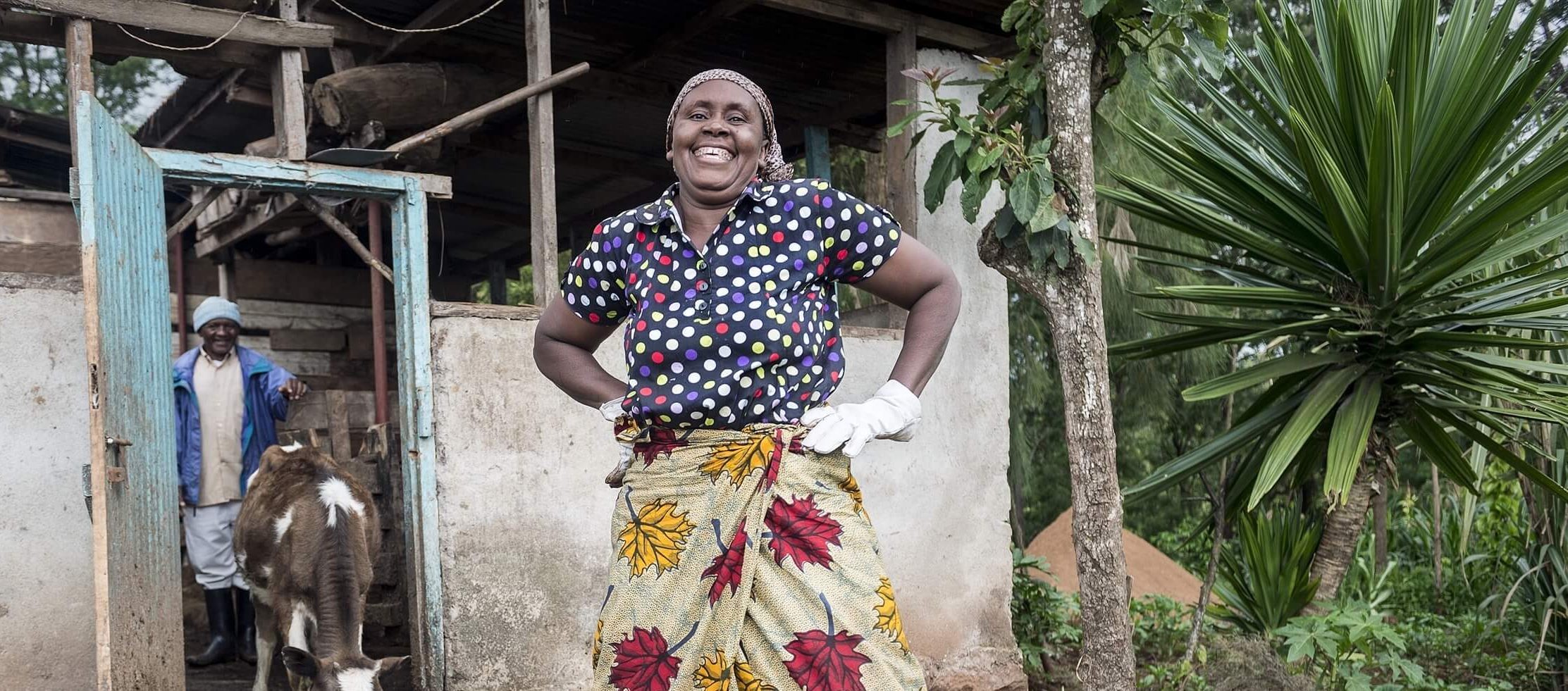In the past year, Hivos has made significant progress in the path toward universal energy access and decentralised renewable energy. We are now proud to share the major results from our Green and Inclusive Energy Programme.
Two advocacy battles won
Taking stock of several years of intense advocacy work, Hivos and its partners IIED and ENERGIA in the Strategic Partnership ‘Green and Inclusive Energy’ with the Dutch Ministry of Foreign Affairs, conclude that we have ‘won’ two important battles.
First, there is a widespread agreement that we will not achieve energy access for all without decentralised renewable energy solutions. Second and more recent is the acknowledgement by institutions such as the World Bank, that there is a huge lack of funding for these solutions. However, only few walk the talk, as Hivos and IIED already reported in 2016: the bulk of the energy funding is still directed towards large-scale, centralised energy projects in middle-income countries.
In 2017, an SEforALL report confirmed this, stating that only 1% of financing commitments went to affordable decentralised energy solutions. This seriously hampers the uptake of decentralised renewable energy solutions and so, Hivos decided to do what it is good at: showcase reluctant investors how this problem can be solved. How can we scale the financing of decentralised renewable energy, and what new financing models have been developed by frontrunner countries? Hivos found that both Kenya and Nepal had developed structures and mechanisms to redirect financial flows from centralised to decentralised energy solutions. Best practices, which we presented at international and high-level conferences together with our partners.
Brooklyn Coalition
We managed to increase our advocacy power at the international level by joining forces with likeminded public and private sector parties in 2017. During a strategic side event at the SEforALL Forum, the Brooklyn Coalition presented itself.
Hivos took the initiative for this multi-stakeholder cooperation with the Dutch, Nepalese and Kenyan governments, Schneider Electric, SELCO India, ENERGIA and SNV; together we intend to speed up the progress towards universal energy access, by sharing and co-creating new solutions.
Both SELCO and Schneider are private sector frontrunners who push for market activation and better regulations, to expand solutions to the currently underserved poor living in remote areas. One of the key targets of this coalition is to break down the financial barriers that prevent this expansion from happening.
An important entry point to this end are the Sustainable Development Goals (SDGs). We followed up the successful lobby for a goal on clean and affordable energy (SDG7), with a strategy to raise political awareness of the co-benefits of SDG7 for other development areas. A recent review of all SDGs indicates that energy is interconnected with 74% of them, such as health, jobs and food security.
Monetising these co-benefits could be an incentive to enhance a non-profit approach to serve the extreme poor. Hivos and the Brooklyn Coalition already brought this idea of energy as an enabler of sustainable development and the need to fund decentralised renewable energy to the table at the Global SDG7 Conference in Bangkok in February 2018. In addition, we will intensify our cooperation with non-energy partners and train and support media on the subject.
Dutch National Climate Fund
At COP23 in Bonn, it became clear that many National Determined Contributions (NDCs), as agreed under the Paris Climate Agreement, were of poor quality, making it hard for them to obtain funding from the Green Climate Fund. This meant that Hivos and partners needed to increase their influence on NDCs and other policies at the national level to finance decentralised energy options.
A notable Hivos advocacy success was the approval of a motion in the Dutch parliament to focus the new National Climate Fund on climate and development projects in low income countries, including renewable energy for the poorest. This motion will most probably be the basis for the design of the new Dutch National Climate Fund.




